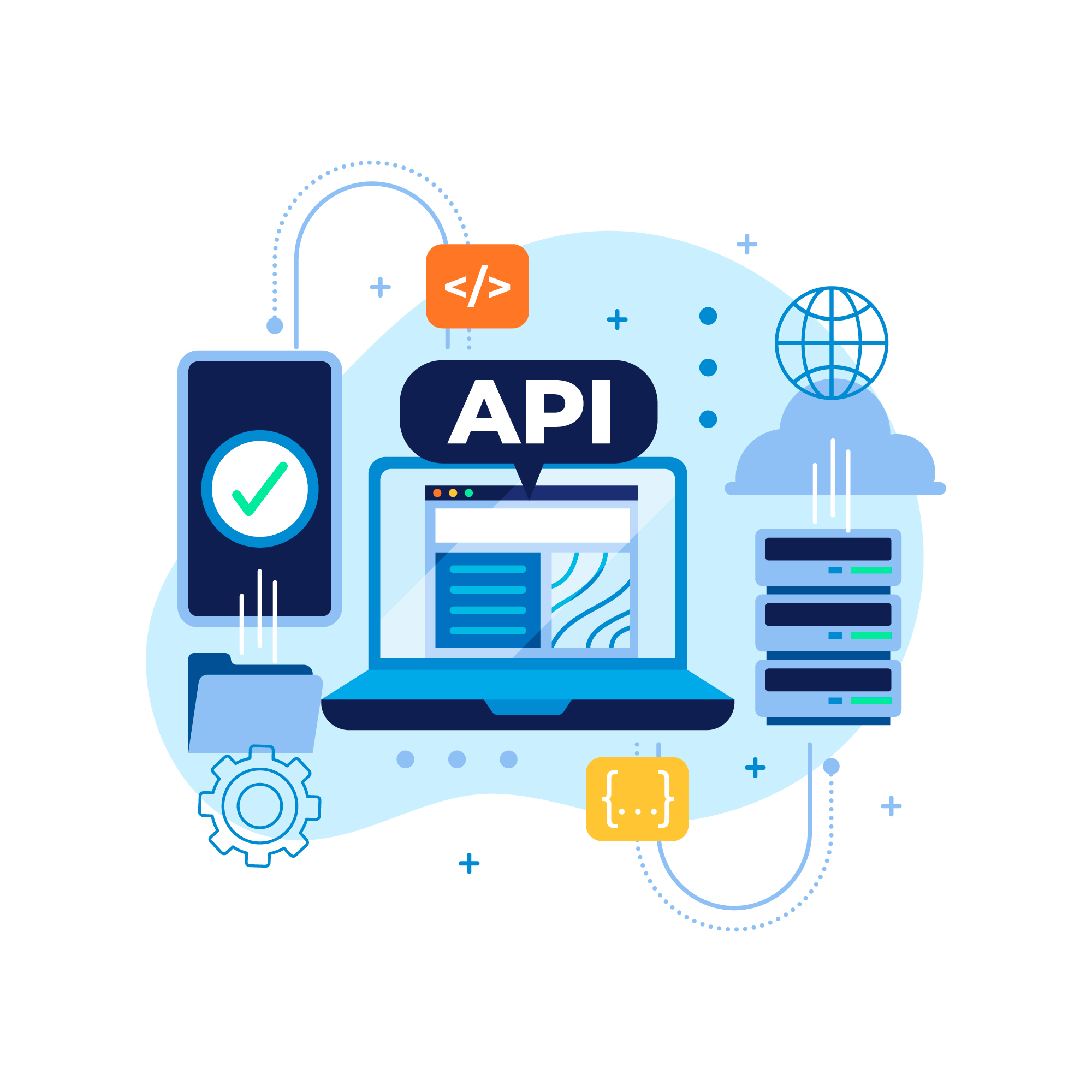Ah, la scalabilité ! Ce mot magique dans le monde du développement web. Vous avez créé une application web incroyable, mais voilà le hic : comment s’assurer qu’elle peut supporter une croissance fulgurante et un afflux d’utilisateurs ? La scalabilité, c’est pas juste un jargon technique, c’est la capacité de votre application à grandir sans perdre en performance. Alors, prêt à booster votre application web ? Suivez le guide !
Comprendre la scalabilité
Avant de plonger tête première, il est crucial de saisir ce que signifie réellement la scalabilité. Imaginez que votre application est une route. Au début, elle ne voit que quelques voitures par jour, mais que se passe-t-il quand tout à coup, des milliers de voitures débarquent ? Si votre route n’est pas prête à gérer ce trafic, bonjour les embouteillages ! C’est pareil pour votre application web.
Horizontal vs Vertical
Il y a deux grandes manières de scaler : horizontalement et verticalement.
Scalabilité horizontale: C’est comme ajouter plus de voies à notre route. Vous augmentez le nombre de serveurs ou de nœuds dans votre cluster.
Scalabilité verticale: Cela revient à élargir les voies existantes. Vous boostez la capacité de vos serveurs actuels (plus de CPU, de RAM, etc.).
La scalabilité dans le Cloud
Ah, le Cloud ! C’est un allié précieux pour la scalabilité. Avec des services comme OVH Clouc, AWS, Google Cloud ou Azure, scaler devient un jeu d’enfant. Chez NetDevices nous maîtrisons tous les clouds et savons adapter et gérer la transition. Vous pouvez automatiquement ajouter des ressources selon la demande, et même mieux, vous payez juste pour ce que vous utilisez !
Stratégies pour améliorer la scalabilité
1. Optimisation du Code
Le code, c’est le cœur de votre application. Un code propre et efficace peut faire des miracles pour la scalabilité. Voici quelques astuces :
Réduisez la complexité : Plus votre code est simple, mieux c’est. Évitez les fonctions trop complexes ou les boucles infinies.
Cachez comme un Pro : Utiliser le cache peut réduire la charge sur vos serveurs. Cachez ce qui ne change pas souvent, comme les images ou les données statiques.
2. Base de données optimisée
Votre base de données, c’est le garde-manger de votre application. Si elle est désorganisée, tout se complique.
Indexation efficace: Assurez-vous que vos données sont bien indexées. Ça peut réduire le temps de recherche de manière significative.
Équilibrage de charge: Répartissez la charge entre plusieurs serveurs de base de données. Ça évite que l’un d’eux soit surchargé.
3. Microservices au lieu de monolithes
Au lieu d’avoir une grosse application (un monolithe), pensez aux microservices. Chaque partie de votre application fonctionne indépendamment. C’est plus facile à gérer et à scaler.
4. Monitoring et analyse
Gardez un œil sur votre application. Utilisez des outils de monitoring pour détecter les problèmes avant qu’ils ne deviennent catastrophiques. Analysez les données pour comprendre comment les utilisateurs interagissent avec votre application.
En conclusion
La scalabilité est un enjeu essentiel pour des applications performantes. Notre entreprise de développement web peut vous accompagner dans votre réflexion.
Si vous avez des questions ou besoin d’aide sur ces sujets, n’hésitez pas à nous contacter !
Partager la publication "Comment améliorer la scalabilité d’une application web ?"



